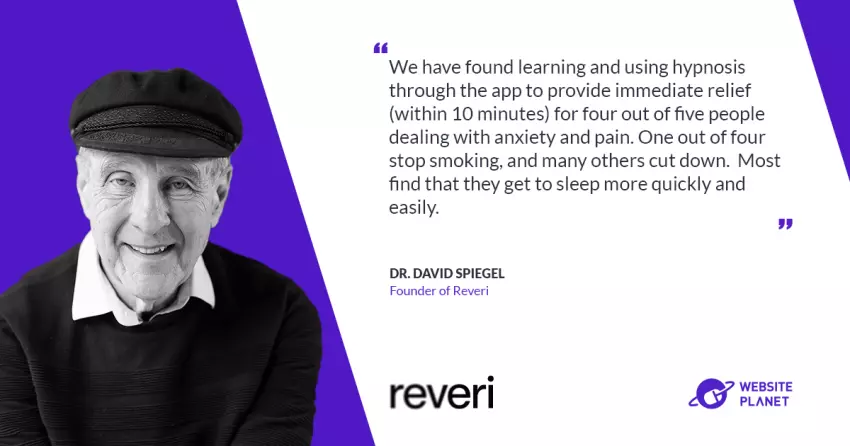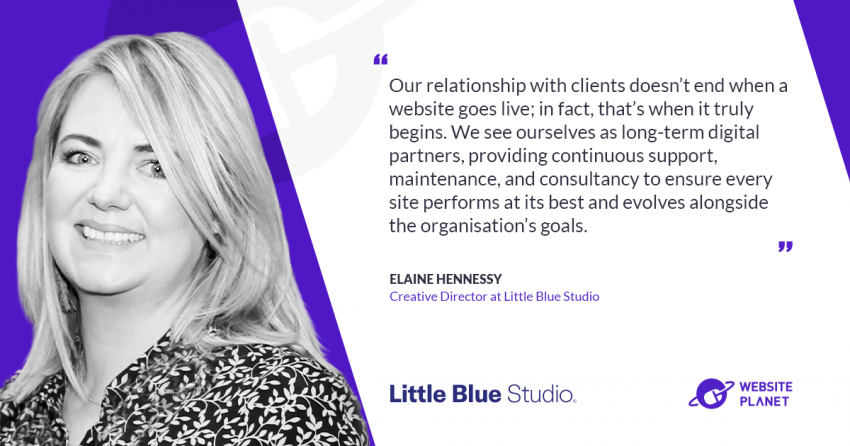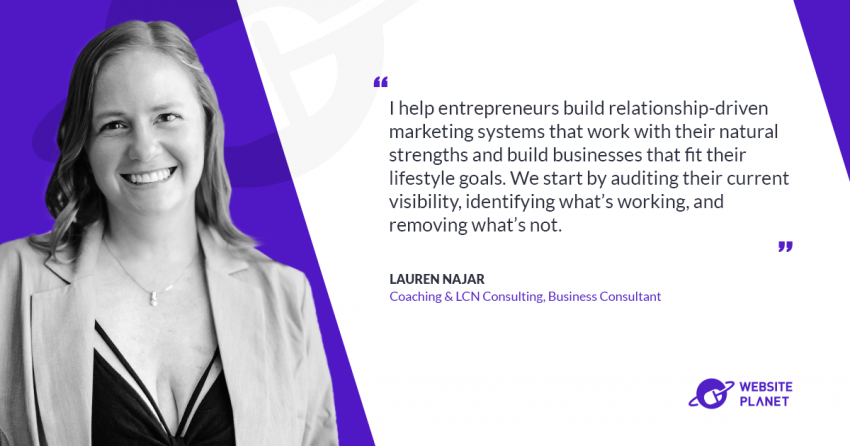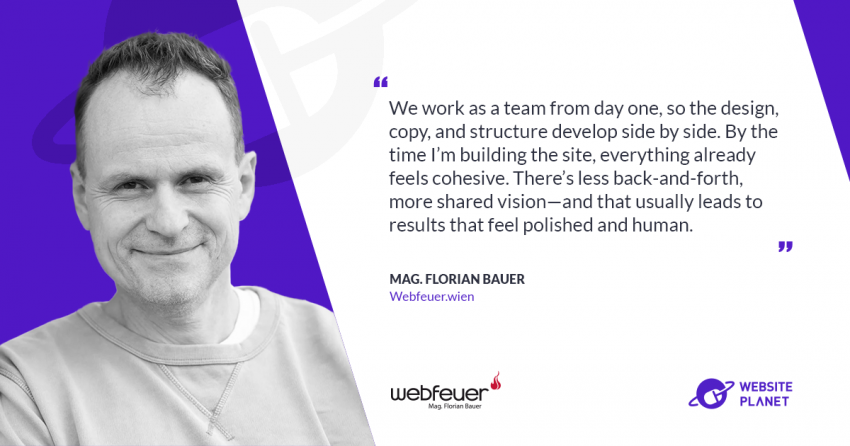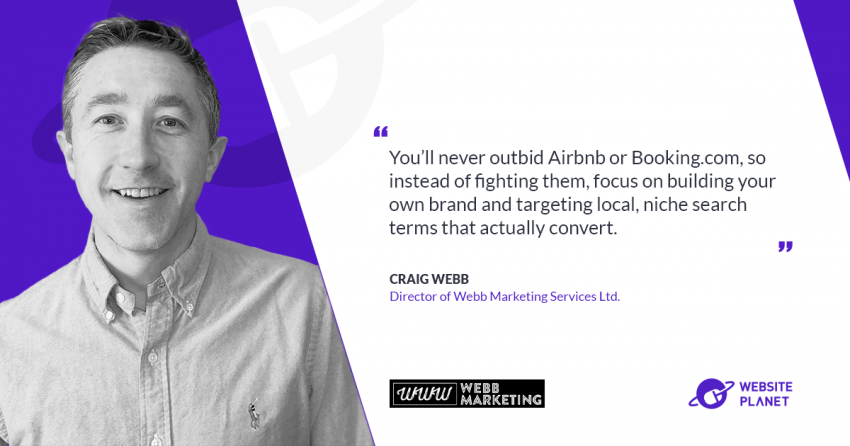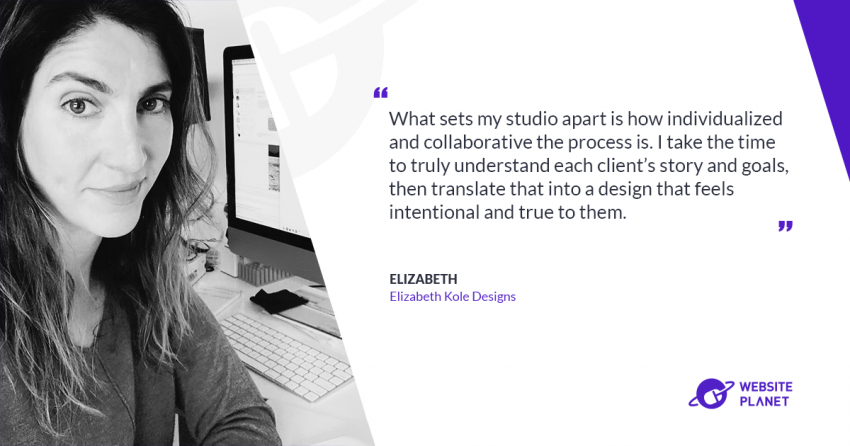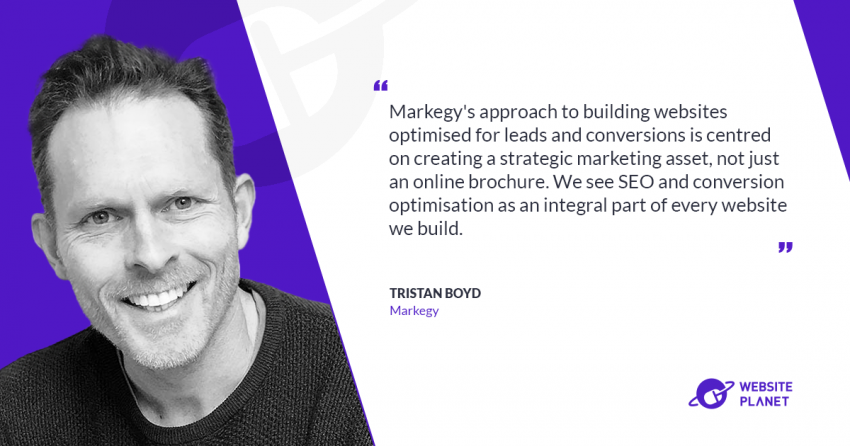In a fascinating conversation with Website Planet, Dr. David Spiegel shares the story behind Reveri, the self-hypnosis app born from over 45 years of clinical research and experience.
Co-founded with tech entrepreneur Ariel Poler, Reveri began as a simple stop-smoking prototype and evolved into a powerful tool for managing anxiety, pain, sleep issues, and more. By combining scientific rigor with intuitive design, Reveri offers both interactive and passive modes to meet users where they are—making clinical-grade hypnotherapy accessible to anyone with a smartphone.
As a bonus, Website Planet readers can use code WP20 for 20% off yearly and lifetime subscriptions.
What inspired the creation of Reveri as a self‑hypnosis and guided hypnotherapy, and how does it build on over 45 years of clinical research?
Five years ago I was speaking about the brain basis of hypnosis at a Brain-Mind Summit at Stanford and Ariel Poler, an MIT and Stanford Business School grad approached me and said, “would you like to build a hypnosis app on the Alexa platform? It is relatively easy to make a prototype. I said, “sure.” We built a hypnosis stop-smoking app, using the approach we had developed for in-person treatment of smoking. It involved teaching people to use self-hypnosis to focus on what they are for – respecting and protecting their bodies, rather than fighting the urge to smoke. We got the same results – 25% stopped smoking.
One woman was astonished that she had quit after 25 years of smoking: “I didn’t even want to quit – my friends can’t believe it. This is some crazy-ass voodoo shit – and I mean that in a good way.” I have used hypnosis with some 7,000 patients and research subjects, and I know how well it can help with other problems as well – pain, insomnia, anxiety, traumatic stress. I also know how underutilized it is, despite being the oldest Western conception of psychotherapy.
Ariel and I co-founded Reveri to build a means to get the benefits of hypnosis to anyone with a smartphone or a computer. The techniques we use are based on brief and effective hypnotic interventions we have utilized and studied with randomized clinical trials and fMRI analysis of brain function during hypnosis.
How do your interactive and listening session modes differ, and how do users benefit from choosing one over the other?
The interactive mode is designed to be more like being in the office with me. I ask whether your hand feels light and is floating in the air, as instructed. If they say ‘yes,’ the program moves on to the next step. If not, we work on enhancing the hypnotic alteration in sensation.
But some people prefer to just listen to continuous instructions and respond to them. Just making that choice helps to engage them more in the experience
What areas of life—like sleep, stress relief, pain management, or quitting habits—have you found Hypnotherapy to be most effective through your app?
We have found learning and using hypnosis through the app to provide immediate relief (within 10 minutes) for four out of five people dealing with anxiety and pain.
One out of four stop smoking, and many others cut down. Most find that they get to sleep more quickly and easily.
Can you share any user success stories that illustrate the impact of Reveri on sleep quality, addiction, or stress reduction?
Rosamund Dean, a reporter for the Times of London, wrote in her column on December 23, 2023: “After five days of using the app, I wake up feeling less tired than usual.
I open one eye to peer warily at my clock and am astonished to see that it’s 7.09 am. I couldn’t believe it. I slept eight hours straight for the first time in more than a year.”
How does Reveri support accessibility and social impact—for example, through your “Reveri for Good” scholarship program?
We want to make hypnosis as widely accessible as possible. We keep the cost of subscription low, and in a special program, we provide a year’s free use to people in need.
What new features or scientific integrations are you exploring (e.g. AI pain sessions, hypnotizability profiles) to enhance personalization and outcomes?
We are now using AI to make the program much more flexible and even more interactive, like a true discussion with me, structured through our clinical research and experience. Each session can be both different and effective. We also have a hypnotizability test that informs you of your particular style: the poet, allowing your imagination to engage you intensely; the diplomat – having and then evaluating your experience; and the researcher – examining first.
All three types can be helped, but they use the experience in different ways. For some, it is the immediate experience of ‘floating’ that helps with stress and pain control, for others, it is focusing on what you are for, making the hypnotic experience immediately self-reinforcing.
As a special offer for Website Planet readers, use the code WP20 to get 20% off yearly and lifetime subscriptions.
Find out more at: www.reveri.com
